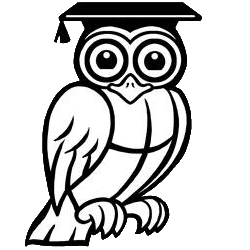Creative Computing
Computing at Whitestone
Intent
All pupils at Whitestone Infant School have the right to have rich, deep learning experiences that balance all the aspects of computing. With technology playing such a significant role in society today, we believe ‘Computational thinking’ is a skill children must be taught if they are to be able to participate effectively and safely in this digital world. At Whitestone Infant School, the core of computing is Computer Science in which pupils are introduced to a wide range of technology, including Computers, iPads and interactive whiteboards, allowing them to continually practice and improve the skills they learn.
Implementation
We teach a curriculum that enables children to become effective users of technology who can:
In Key Stage 1 the children will learn to understand and apply the essential principles of computer science, including logic, algorithms and data representation. The curriculum includes teaching the children what algorithms are; how they are implemented as programs on digital devices; and that programs execute by following precise instructions. They will be taught to create and debug simple programs and use logical reasoning to predict the behaviour of simple programs. They will be shown how to use a range of technology purposefully to create, organise, store, manipulate and retrieve digital content as well as recognise common uses of information technology beyond school. They will be taught to use technology safely and respectfully, keeping personal information private; identify where to go for help and support when they have concerns about content or contact on the internet or other online technologies.
Impact:
This ensures they become digitally literate for the future workplace and as active participants in a digital world. They will be equipped, not only with the skills and knowledge to use technology effectively and for their own benefit, but more importantly – safely.














